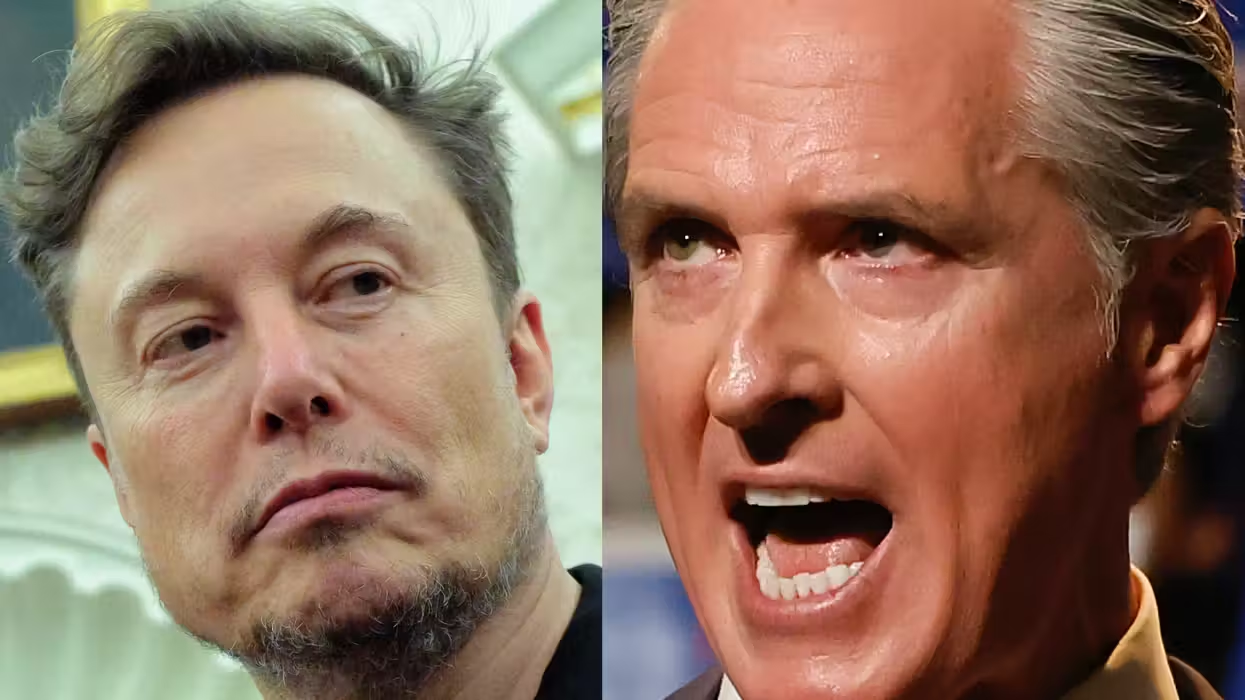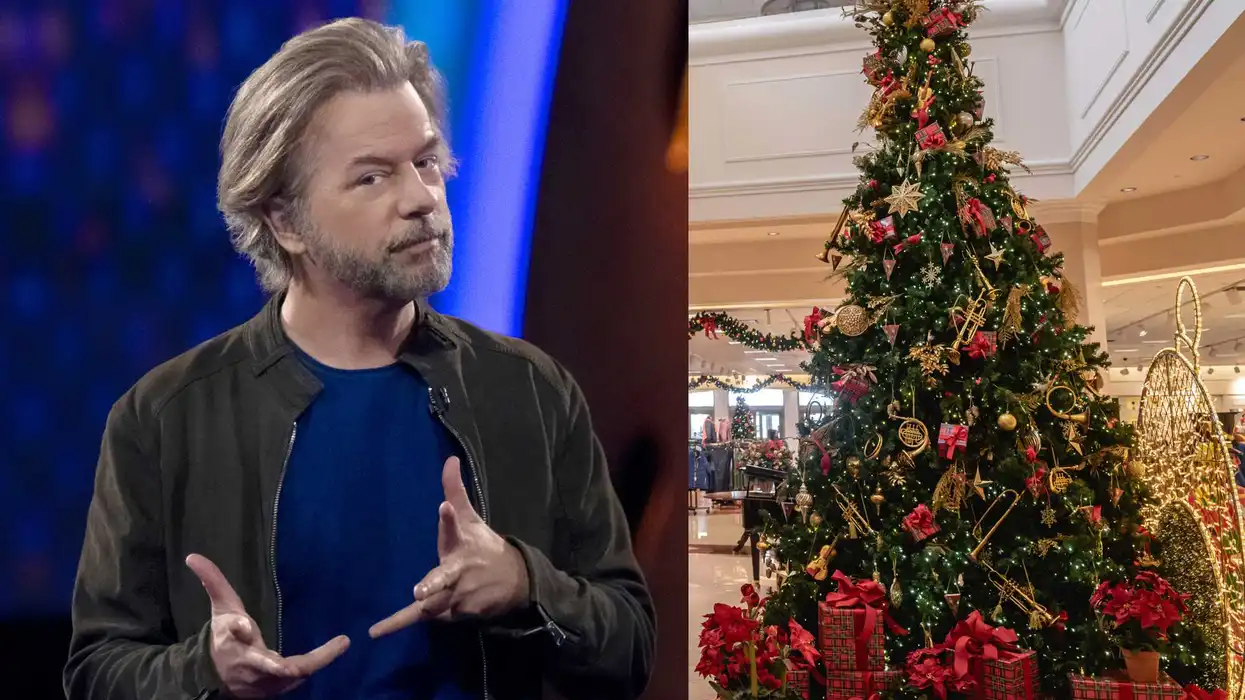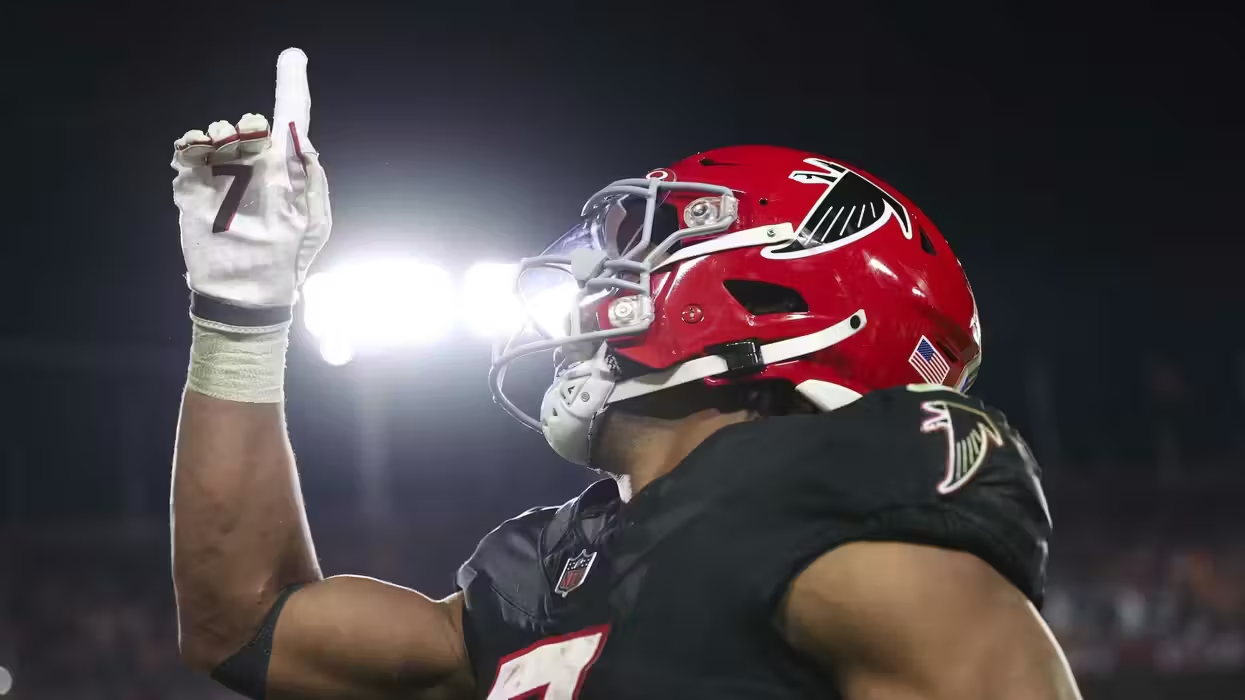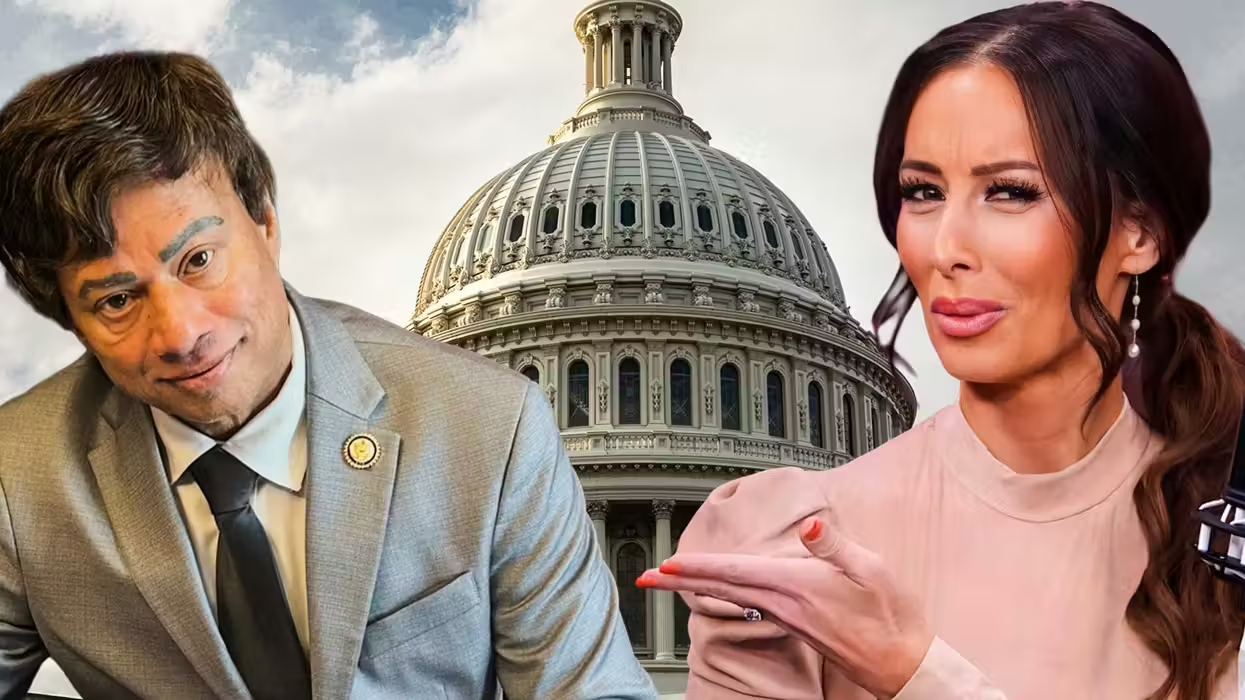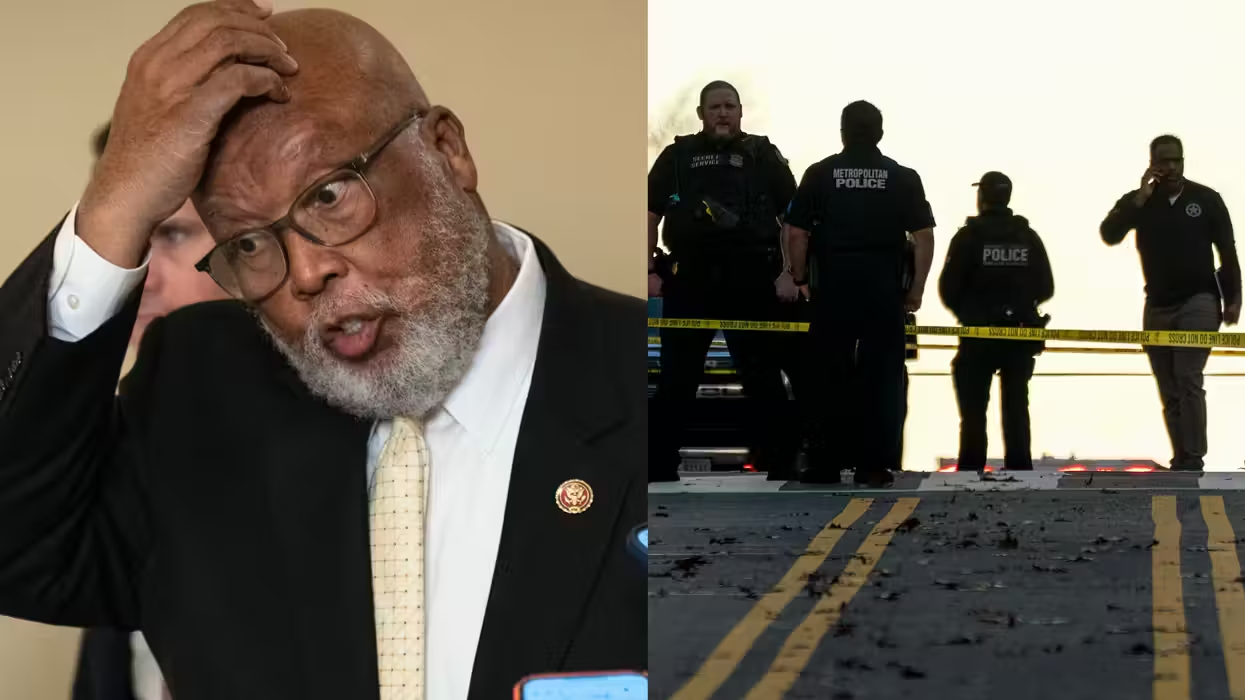On Wednesday, the U.S. Patent Office ruled that the Washington Redskins team name is "disparaging of Native Americans" and that the team's federal trademarks for the name must be canceled.
It might seem like a significant blow, but the team has been down this road and won before. And despite the ruling, a trademark lawyer tells TheBlaze, the team isn't as helpless as some might think.
"The practical reality of the registrations being cancelled is limited," Richard Biagi, a partner at the intellectual property-focused law firm Neal & McDevitt, told TheBlaze in an email.
"In the United States, trademark rights accrue upon use (in interstate commerce) – in other words, as soon as you begin using the trademark THE BLAZE, for example, in connection with your specific goods or services, you have enforceable trademark rights – regardless of whether you obtained a registration from the USPTO," he explained. "Even if you don’t have a registration, you can still enforce your rights against a would-be infringer who is using your trademark (or a confusingly similar trademark)."
While registration owners get some helpful legal presumptions in court, Biagi told TheBlaze, "the simple fact is that registrations are not a prerequisite to holding trademark rights."
And the Redskins' trademark attorney, Bob Raskopf, doesn't seem worried.
"We've all seen this story before," he said in a statement Wednesday. "And just like last time, today’s ruling will have no effect at all on the team’s ownership of and right to use the Redskins name and logo."
 FILE - In this June 17, 2014, file photo, Washington Redskins helmets sit on the field during an NFL football minicamp in Ashburn, Va. The U.S. Patent Office ruled Wednesday, June 18, 2014, that the Washington Redskins nickname is "disparaging of Native Americans" and that the team's federal trademarks for the name must be canceled. The ruling comes after a campaign to change the name has gained momentum over the past year. (AP Photo/Nick Wass, File)
FILE - In this June 17, 2014, file photo, Washington Redskins helmets sit on the field during an NFL football minicamp in Ashburn, Va. The U.S. Patent Office ruled Wednesday, June 18, 2014, that the Washington Redskins nickname is "disparaging of Native Americans" and that the team's federal trademarks for the name must be canceled. The ruling comes after a campaign to change the name has gained momentum over the past year. (AP Photo/Nick Wass, File)
In 1999, after a seven-year legal battle, the Trademark Trial and Appeal Board (TTAB) ruled against the Redskins in Harjo v. Pro Football, Inc., ordering the cancellation of trademark registrations, but in 2003 the D.C. district court reversed that decision.
"The TTAB’s finding of disparagement is not supported by substantial evidence and must be reversed," the court found. "The decision should also be reversed because the doctrine of laches precludes consideration of the case."
Raskopf argued that "[the current] case is no different than [the] earlier case," and noted that the team's registrations remain in force while the decision is appealed.
Weirdly, the U.S. Patent Office decision could have more of an impact on products coming from other countries than products made here.
"One interesting twist is that owning a trademark registration is a requirement by Department of Homeland Security/US Customs in order to impound counterfeit goods entering the U.S.," Biagi said. "So, it is possible that an overseas manufacturer of knock-off apparel or souvenirs bearing the REDSKINS mark could get their products through customs without any trouble – however, that still doesn’t prohibit the NFL from suing the manufacturer for trademark infringement."
As for the appeal of the decision, Biagi differed from Raskopf, saying it's far from certain that the decision will be overturned again.
"It is very hard to tell what the federal appeals court will do with the evidence regarding disparagement," Biagi noted, saying that the TTAB had gone into "painstaking detail" to show that the name "Redskins" is consistently disparaging and offensive to Native Americans.
Still, the team may have a sound argument when it comes to its laches defense, which is the argument that the offended party waited too long to assert their rights and that ruling in their favor would do unnecessary harm to the defendant.
That should be "the more interesting question," Biagi said.
"There is quite a bit of discussion in the opinion about the laches defense raised by the Redskins and why the Board felt that it was inapplicable," he explained. "While the Board’s analysis is certainly well reasoned, it may be vulnerable to attack by the Redskins if they choose to appeal the decision."
—
Follow Zach Noble (@thezachnoble) on Twitter

 FILE - In this June 17, 2014, file photo, Washington Redskins helmets sit on the field during an NFL football minicamp in Ashburn, Va. The U.S. Patent Office ruled Wednesday, June 18, 2014, that the Washington Redskins nickname is "disparaging of Native Americans" and that the team's federal trademarks for the name must be canceled. The ruling comes after a campaign to change the name has gained momentum over the past year. (AP Photo/Nick Wass, File)
FILE - In this June 17, 2014, file photo, Washington Redskins helmets sit on the field during an NFL football minicamp in Ashburn, Va. The U.S. Patent Office ruled Wednesday, June 18, 2014, that the Washington Redskins nickname is "disparaging of Native Americans" and that the team's federal trademarks for the name must be canceled. The ruling comes after a campaign to change the name has gained momentum over the past year. (AP Photo/Nick Wass, File)


